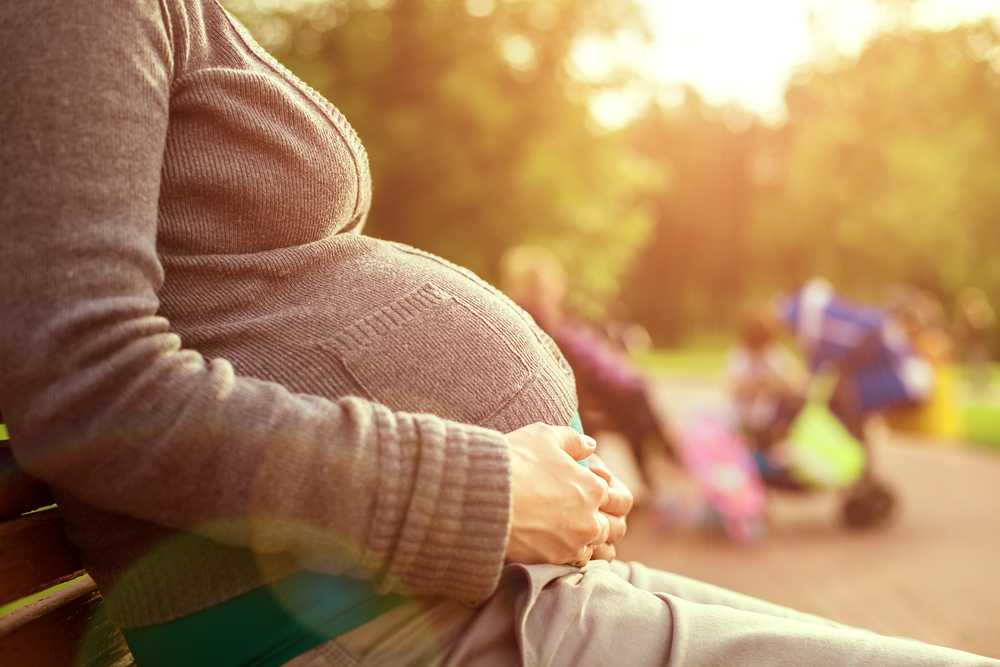
The Good Samaritan Shelter in Santa Maria, California, has designed a successful program to help keep pregnant and parenting women with dual diagnosis issues away from drugs and on the path of long-term healing. With the goal of both helping women and innocent children, the Perinatal Recovery Effort through Maternal Intervention & Education Project (P.R.E.M.I.E.) has taken women at high risk for relapse and is helping them deliver drug-free babies.
Dual diagnosis issues are particularly challenging when combined with the mental challenges and hormonal imbalances brought on by pregnancy. When mental health issues are combined with such difficulties, the danger of a substance relapse becomes much more likely. By assisting in the healing process of women and their children who have been affected by substance abuse, Project P.R.E.M.I.E. provides a much needed resource in the national drug epidemic.
Jennifer Barretto, the program’s project manager, explains the importance of offering such a resource to the community. “When moms are using, they’re doing damage not only to themselves but could be damaging their children, and this helps them with a way out. They can stay clean, deliver a drug-free baby, learn some coping skills to try and raise a healthy child.”
Requiring a minimum stay of six months and a maximum of 18 months, the residential program has the capability to house up to 20 women and children at any given time. Since the vast majority of clients come from low-income backgrounds, they pay a fee based on a sliding scale. Such a sliding scale allows the program to open its doors to the people who are most in need.
“I was slamming meth and heroin and it’s kind of been on and off my whole life and just progressively kept getting worse … I have a drug problem, obviously, and I was trying not to lose my kids,” said Cassandra Romano, a Project P.R.E.M.I.E. mother. “I have my four-year-old. I went through the program with him and then got pregnant again and couldn’t stop getting high. So I came here. They gave me a safe place to live and helped me with all sorts of resources and basically helped me get back on my feet.”
Within a treatment marketplace where only 12% of people in need receive any treatment services whatsoever, priority is given to low-income women with severe substance abuse problems. Beyond a sober living environment with around-the-clock staffing, the transitional center provides transportation, substance abuse programs, nutrition and health support, and parenting classes.
Moreover, after the mothers have graduated from the program, they are given additional support to find more permanent housing and improve their employment opportunities. The goal is to help them leave the wreckage of addiction behind. “They’re trying to save their life and are trying really hard,” Barretto explains. “They want to be a good mom.”
